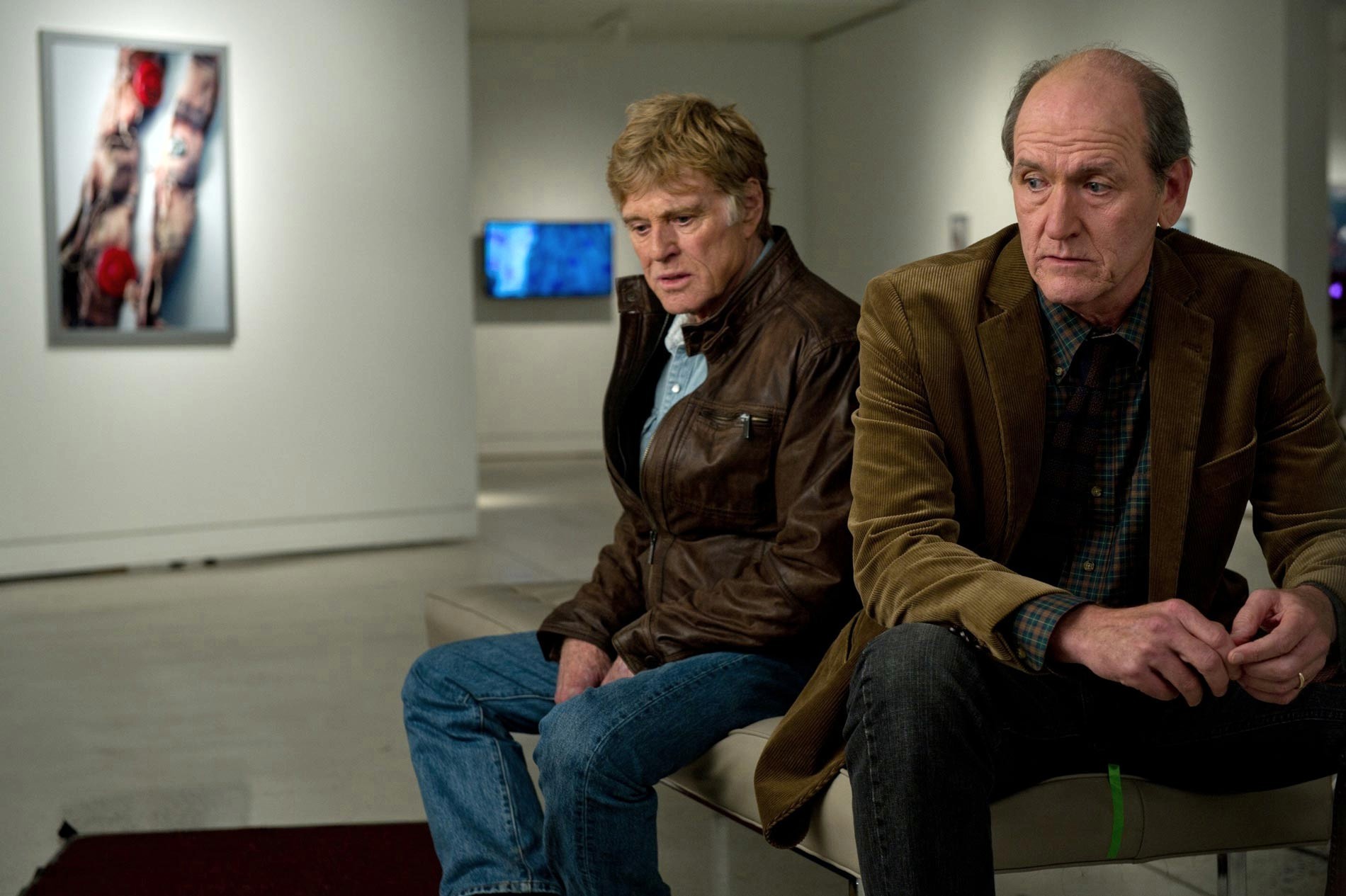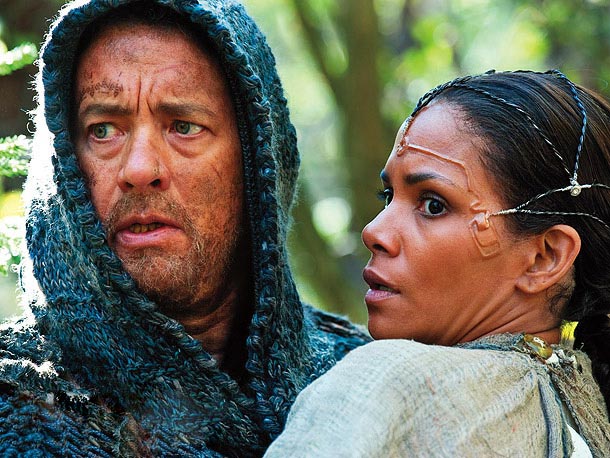Director: Robert Redford
Runtime: 121 minutes
When a film comes front-loaded with stars, red flags start to go up. While it's impressive to see films that can string together stacked ensembles, there are always some immediate questions that arise. The big one is whether the film will give each member of the cast moments to shine, or if some of the stars have been cast in thankless roles strictly for their name value. While Robert Redford's The Company You Keep may not exactly be a great film, it can pride itself on being the rare example that manages to juggle a large, first-rate ensemble without dropping too many balls along the way.
Adapted from Neil Gordon's novel, Redford's latest directorial effort opens with the arrest of Sharon Solarz (Susan Sarandon) in upstate New York. A former member of the Weathermen (specifically, its radical militant arm), she's arrested for a crime that took place 30 years prior. Solarz doesn't resist, and goes along with as if it's exactly what she wanted. Yet Solarz's willingness to be caught creates a domino effect that starts to affect the lives of her former comrades. Local journalist Ben Shepard (Shia LaBeouf), who catches on to the story, eventually outs former Weathermen member Nick Sloan (Redford), who has been living under the alias of Jim Grant for decades. Sloan realizes that, with the FBI now putting extra effort into finding other members of the Weathermen, he'll need to abandon his life to set an old mistake right, and clear his name.
And once the chase begins (both Shepard and the FBI), The Company You Keep starts to trot out its cavalcade of stars with smart efficiency. Sloan's contacts across the film are all more than plot devices. Each one manages to bring up a different facet of the Weathermen's lost ideologies, as well as Sloan's relationship to those ideologies, without becoming episodic. These scenes are nicely broken up with jumps to Shepard's parallel investigation, as well as a handful of looks at the FBI team trying to catch Sloan and his contacts.
Though earlier detours are simpler (those involving Nick Nolte and Chris Cooper are closest to being strictly plot-oriented), the later encounters deepen the humanity of the chase. Richard Jenkins and Julie Christie (especially the latter) deliver poignant work as two very different kinds of former radicals. Jenkins' Jed is now a college professor, while Christie's Mimi is still boiling with radical fervor under the surface. Sarandon is also compelling in her fleeting screen time. As the woman who helps set off the plot, she's tasked with communicating years of confusion, regret, and broken idealism, and she does so marvelously.
For much of the story, Redford is more of sounding board onto which the ensemble reminisces. Thankfully, his work behind the camera more than compensates for his largely bland role in front. We may be watching a man run from a 30 year old crime, but Redford's direction captures the cat-and-mouse game as if his crime had taken place in the first scene. The suspense is never overbearing, and is allowed to play out with a mature naturalism that helps define the film.
Yet if the film is a strong showcase for its older cast members, the younger cast members get less satisfying material. Like Redford, LaBeouf doesn't have too much to work with, although his character traits are established much sooner and with greater clarity. Anna Kendrick, perhaps the ensemble's only truly wasted member, has even less as Shepard's FBI contact. The script tries to throw in a half-baked aside about the pair's former relationship, but it feels more like filler. Rising star Brit Marling fares better, and injects some spark into a similarly bland role, yet she's ultimately saddled with a subplot that is more intriguing on paper than in execution.
Though The Company You Keep handles its plot threads and the majority of its characters with skill, it comes across as a rather shallow piece. The engagement with the characters' ideas feels simplistic, even though the actors handle their dialogue well. While it marks a big step in the right direction for Redford from 2007's atrocious Lions for Lambs, the film is more concerned with being a thriller than a study of ideas, actions, and their implications. This makes it entertaining, but it also saps it of some dramatic power along the way. After moving along so smoothly for most of its runtime, the script shoe-horns in a little speech from Sloan meant to condense a bunch of ideas about journalistic integrity and personal growth into less than a minute. It has all of the subtlety of a hammer to the face.
Though The Company You Keep never fully sinks, it is weighed down by its surface-oriented screenplay and a shrug-inducing ending. Overall, it's an engaging, well-made piece of entertainment, yet it also thinks that by merely touching on important ideas and history, it suddenly becomes weighty and meaningful. The real result is that the film just feels overly confident, without the goods to back up that confidence.
Grade: C+


